Table of Contents
For Brian Barbour, Mario DiNunzio, and all my elders in the Western civilization program at Providence College
PREFACE
Christianity. Judaism.
Dead white males. Old-fashioned morality.
The traditional family. Tradition itself.
These are the btes noires of the elites. They are the pillars of political incorrectness. Together, they constitute that thing called Western civilization.
Political correctness, at its heart, is the effort to dissolve the foundation on which American and European culture has been built. It has been a demolition project: undermine Western civilization in whatever way possible, and build a brave new world from the rubble.
Multiculturalism has nothing to do with genuine love for natives of the Australian outback or the monks of Tibet. It is an effort to crowd out our own cultural traditions. Radical secularizationin the name of separation of church and stateaims to burn our religious roots. Public education, purveying convenient untruths about our pastthe Middle Ages were miserable, the ancients were simpletons, the church is oppressivehas sought to rob us of our heritage. Misrepresentations of the Renaissance, the Enlightenment, and the last two hundred years serve to create an illusion of unvarying progress made possible by abandoning the old ways. And that is the central myth that justifies the continued discarding of our religious, intellectual, and moral traditions.
Once our culture is untethered from Athens, Rome, and Jerusalemonce weve forgotten about or dismissed Moses, Plato, and Jesusthen the PC platoons in academia, government, and the media hope to steer the ship of culture to new shores.
Because political correctness is a project of destruction, the message has not always been consistent. Either Shakespeare was a subversive, closeted homosexual, or he was an ignorant chauvinist. Either Jesus was a non-judgmental hippie, or he was a preacher of hate. But this much has been consistent: anything that reeks of the West is therefore politically incorrect and must be denigrated or condemned.
For those of us who love the West, its a daunting battle. The other side has the mainstream media, the Ivy League, the political classes, and a lot more money. Thankfully, on our side, weve got thousands of years of history and some pretty big gunswith names like Aristotle, Augustine, Burke, and Eliot.
The bad ideas touted today as revolutionary and enlightened are hardly new; the Wests great minds have battled relativism, atheism, materialism, and State-worship for millennia. The great ideas can hold their own against anything todays most renowned Womens Studies professor can devise.
Chapter One
ANCIENT GREECE: LOVE OF WISDOM AND BEAUTY
Guess What?

At hens culture was, simply, superior.

Philosophy was born in a mens club.

Moral relativism brought down Ancient Greece.
A blind old man, led by his daughter, has stopped to take his rest, perhaps his final rest, in the shade of a cool grotto. The water of a spring mutters nearby; the spice of grapevines and the olive is in the air. A chorus of local villagers sings of its holiness and beauty, where the
... golden crocus gleams
Along Cephisus slow meandering streams,
Whose fountains never fail. (Oedipus at Colonus)
These villages had attempted, halfheartedly, to drive the poor man away. For that blind man has been cursed: he is Oedipus, the wretch who fulfilled a terrible oracle in attempting to evade it, fleeing what he believed was his native Corinth, lest he kill his father and marry his mother, and arriving at Thebes, whose king had recently been slain on the highway, and whose queen was ripe for marrying.
Oedipus is an emblem of the crushing malice of the gods. Call no man happy, says Sophocles, the poet who portrays this scene for us on stage, until that day when he carries his happiness down to the grave in peace. When Oedipus, compelled by his quest to uncover the truth, finally learned of his unnatural parricide and unnatural plowing of the field that gave him birth, he put out his eyes in a rage of self-loathing. It is years later now. Suffering has instructed him. He is still not gentle towards blind and foolish mankind. But he is humble, and he insists, calmly, upon his innocence. His reason has recovered. He accepts his suffering, and dimly understandsit is a wisp of a hope in the pagan twilightthat his suffering has a purpose, that the man accursed may be a blessing to others. So a later oracle has declared: the city that welcomes Oedipus will be blessed by the gods.
What does this mean? Why do I begin with this story?
In all of drama there has, I think, never been a moment as poignant as this. I dont mean within the play, but between the play and the audience. It is Athens, 402 BC. The playwright, the beloved Sophocles, has died. The people are watching a posthumous production, reverently put on by his son. They hear a wise mans last lyrical judgments, after ninety-two years, on life and death, good and evil, justice and mercy.
Maybe it was a good thing that the old poet had died. It spared him the sight of Athens final agony. Athens, richest and most powerful of the Greek city states, had established herself as the head of an empire. Other states paid tribute to her for their common protection. Her might had threatened the security of her chief military rival, Sparta, and her trade on the seas, from Sicily all the way to south Russia on the Black Sea, threatened her chief naval rival, Corinth. It had come to war. The democratic leader of Athens, the general Pericles, had adopted a strategy of endurance. Athens could not muster an army half as large or as effective as the Spartan infantry; but Sparta, for her part, could not muster from her small population an army sufficient to bring the whole city under. So, while the Spartans razed the Athenian countryside, burning farms and villages, the people retreated inside the city walls, waiting, while their navy sailed forth to harass the ports near Sparta and her allies. Pericles, in other words, required his people to be patient, to see ahead, and to sacrifice.
He was probably the only man in Athens who could have succeeded at it, just as Washington was the only man in the colonies who could have held together the rag-end of the Continental Army at Valley Forge. But a plague arrived by rats aboard trading ships from the East. Many thousands of ill-housed people were crowded into Athens; and many thousands of them died, including Pericles himself. No more preaching of patience then. The demagogues prevailedmen who played to the passions of the mob. Athens, increasingly arrogant and unscrupulous, given to wild swings in strategy, was on her way to self-destruction. Finally in 405 BC, its sailors demoralized, possibly betrayed by their officers, the Athenian fleet, of all things, was surprised by the Spartans, and four thousand citizens aboard were put to death. In 404 the Athenians fell to the final Spartan siege, and they knew they must now suffer the cruelties they had caused others to suffer in the days when they were filled with insolence and pride:


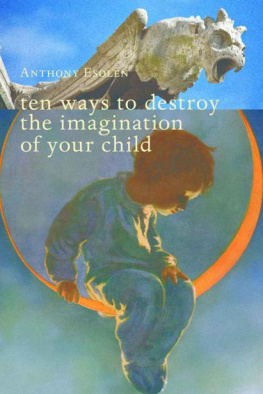
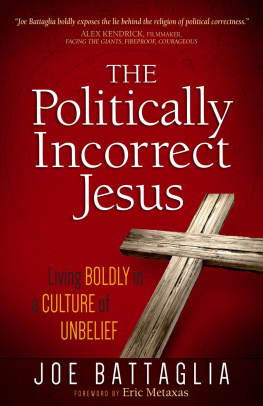



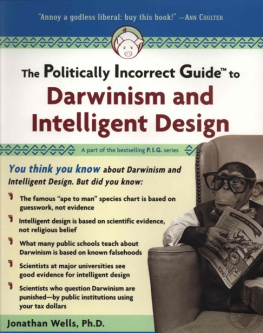
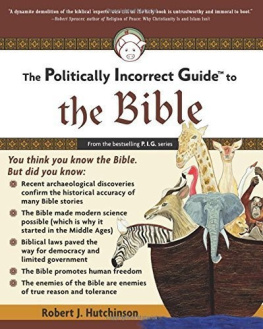

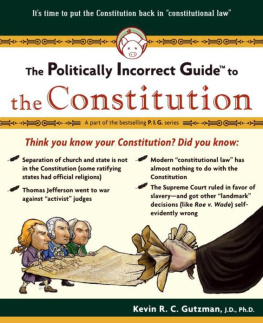
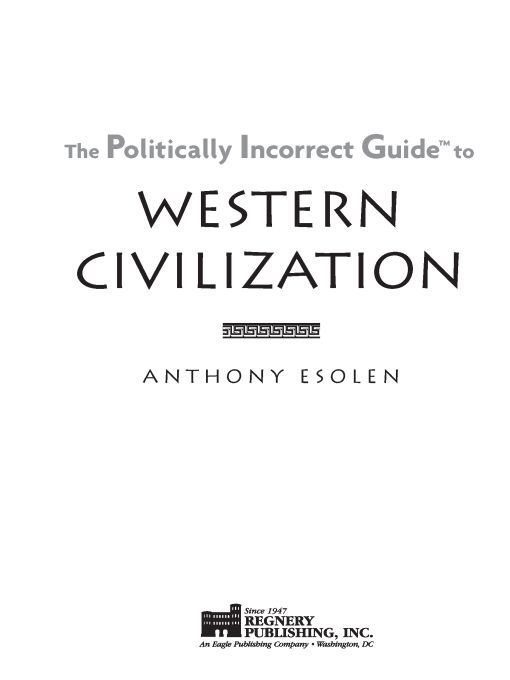
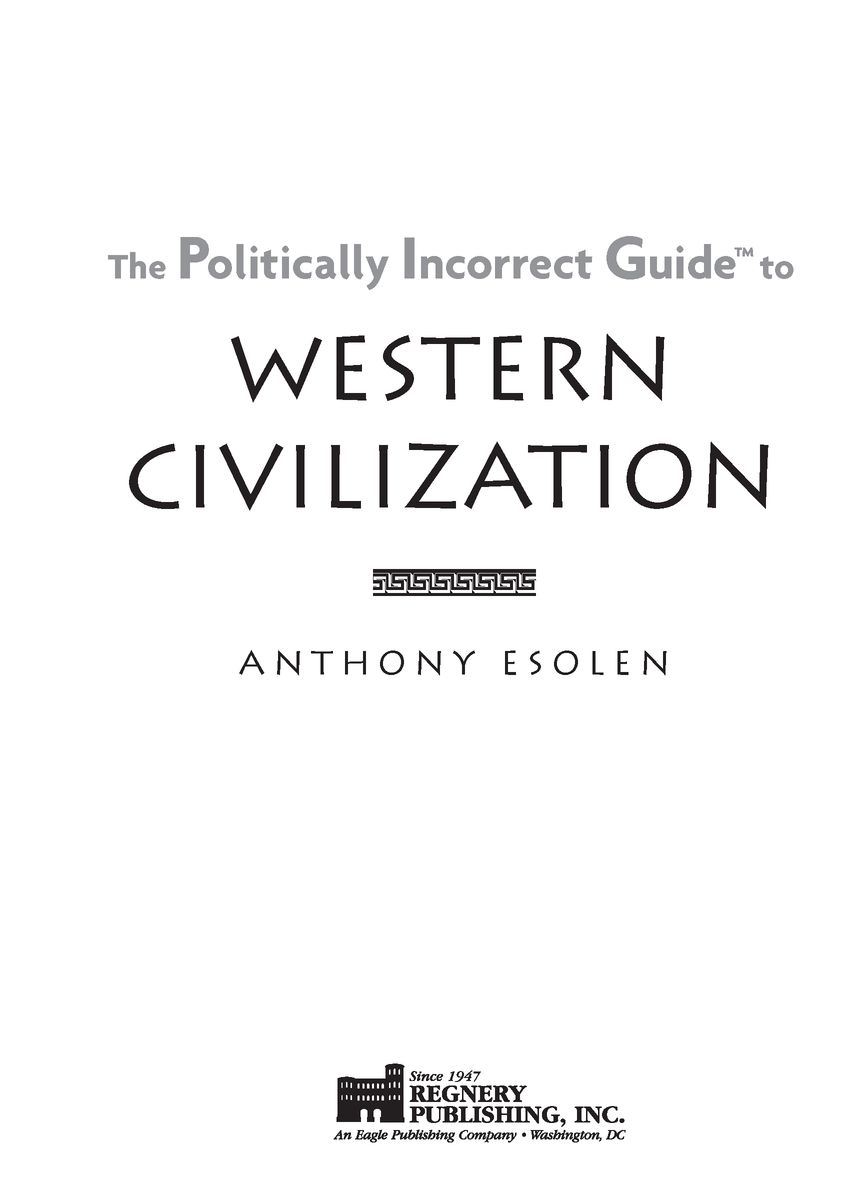



 At hens culture was, simply, superior.
At hens culture was, simply, superior. Philosophy was born in a mens club.
Philosophy was born in a mens club. Moral relativism brought down Ancient Greece.
Moral relativism brought down Ancient Greece.